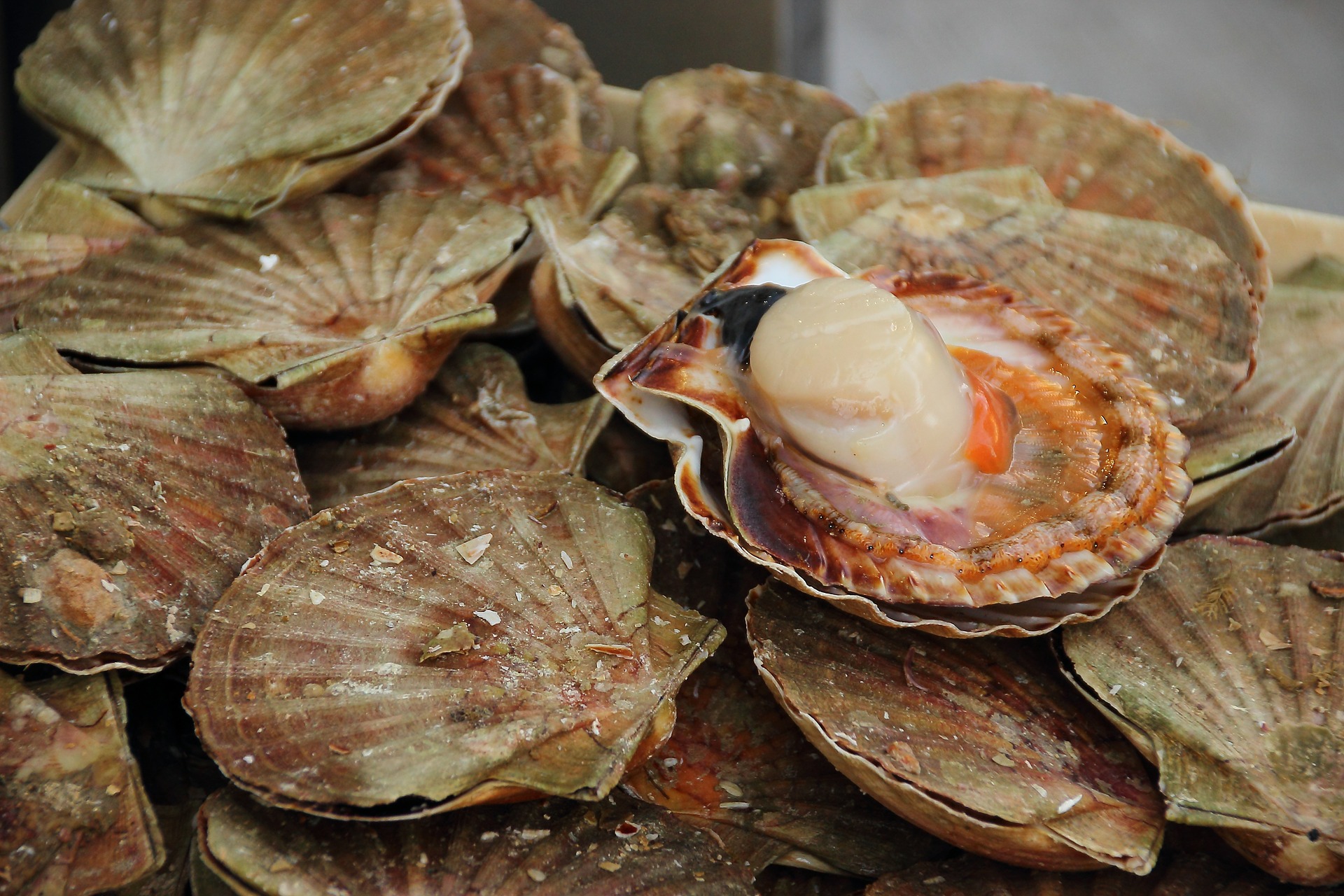6 Tips for Buying and Exporting Molluscs from Zimbabwe
6 Tips for Buying and Exporting Molluscs from Zimbabwe
Molluscs such as snails and oysters are an important part of Zimbabwean cuisine. But, when it comes to exporting them, there are a lot of hot potato issues that must be addressed. Before you get ready to export molluscs from Zimbabwe; however, it is important to understand the potential market and any risks involved. If you plan to import or export molluscs from Zimbabwe, there are some things you should know beforehand. In this blog post, we will share six tips for buying and exporting molluscs from Zimbabwe as well as advice on how to avoid the pitfalls involved in selling these products internationally.
Know the current market price
When you are buying any item for export, the first thing you must know is the current market price. If you are not certain of the market price, you risk either overpaying or underpaying for the product. For example, if you are exporting snails from Zimbabwe, you must know the market price for snails in your target countries. This will help you avoid overpaying for the snails as well as avoid underselling your product and losing money.
Be aware of inspection requirements
Before you export molluscs from Zimbabwe, you must be aware of any inspection requirements. This will help you avoid any potential problems with your shipment. For example, if you plan to export oysters from Zimbabwe to the EU, you must be aware of the EU’s “Clean Seas” program. This program helps to prevent the spread of diseases such as “gilardia.” There are also USDA- and FDA-mandated inspection requirements for importing molluscs into the United States. If you plan on exporting molluscs to the US, you must be aware of these inspection requirements. If you fail to meet the inspection requirements, your shipment will not be allowed into the country.
Check for compliance with food safety standards
Before you export molluscs from Zimbabwe, you must check for compliance with your country’s food safety standards. This is especially important if you plan to export molluscs to the EU. If you fail to meet the EU’s food safety standards, your shipment will be rejected. If you plan to export molluscs from Zimbabwe to the US, you must be aware of the US Food and Drug Administration’s food safety standards. These include things like labeling and packaging requirements as well as specific container requirements. Failure to meet these standards could result in your products being rejected or even destroyed.
Be aware of import and export restrictions
Before you import or export molluscs from Zimbabwe, you must be aware of any import and export restrictions. These restrictions are imposed by your country’s government as well as the government of the country receiving your shipment. In general, importing molluscs into the United States is fairly straightforward. Additionally, molluscs are not subject to any special restrictions or requirements. If you plan to export molluscs to the United States, you must abide by the country’s general import requirements.
Be informed about licensing requirements
Before you import or export molluscs from Zimbabwe, you must be aware of any licensing requirements. These requirements vary from country to country, and they are put in place to help ensure safe and humane conditions for the animals being shipped. If you are importing molluscs from Zimbabwe to the EU, you must abide by the EU’s General Animal Health Rules. These rules cover issues such as minimum holding times for animals, animal identification, and traceability. If you are exporting molluscs from Zimbabwe to the EU, you must abide by the EU’s Terrestrial Animal Health Code. This code covers issues such as the export health certificate, official veterinarian and vetinary inspection, and animal identification.
Take the time to understand the market before making a decision
If you want to import or export molluscs from Zimbabwe, you must take the time to understand the market. The first step in understanding the market is researching your potential customers. Find out where they are located, what they like to eat, and how they prefer to consume their molluscs. This will help you gain an understanding of the market which will make the entire process easier. Once you have a good understanding of the market, you can start to look for potential buyers. Find out where they are located and what their purchasing requirements are. This will help you avoid wasting time on potential buyers who are not a good fit for your products.
Conclusion
Molluscs such as snails and oysters are an important part of Zimbabwean cuisine. But, when it comes to exporting them, there are a lot of hot potato issues that must be addressed. Before you get ready to export molluscs from Zimbabwe, it’s important to understand the potential market and any risks involved. If you follow these tips, you will be well on your way to buying and exporting molluscs from Zimbabwe with ease.








LEAVE A COMMENT
You must be logged in to post a comment.